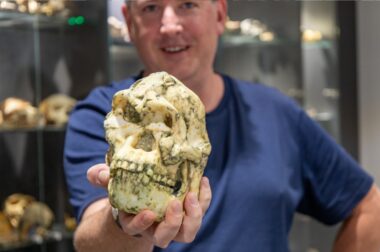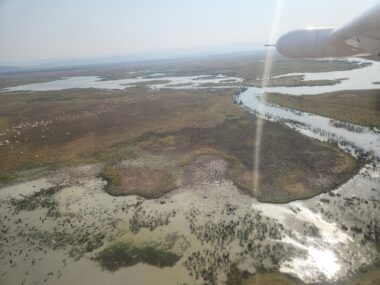Monash university researchers have found that eating a high-fibre diet while pregnant can significantly reduce the risk of cardiovascular disease (CVD) in offspring.
The discovery is outlined in a research letter published today in Circulation Research and reveals a powerful link between a mother’s diet during pregnancy and her child’s long-term heart health.
“Dietary fibre, which is found in foods such as fruits, vegetables, and whole grains, is well-known for its health benefits,” said lead researcher Professor Francine Marques, from the Monash University School of Biological Sciences.
“Our research shows that its impact extends beyond the mother, and can shape the development of her child's heart,” she said.
The research team found that a high-fibre diet in pregnant mice led to:
- Healthier Gut and Gut Bacteria: A healthier gut and gut microbiome (community of bacteria) in both mothers and their offspring
- Reduced Inflammation: Lower levels of inflammation in the heart of the offspring
- Healthier Hearts: Improved function in offspring exposed to high blood pressure
- Less Scarring: Decreased cardiac fibrosis (scarring) in the heart of the offspring
“Our work also sheds light on how fibre exerts its protective effects across generations,” Professor Marques said.
“Fibre promotes the production of beneficial molecules called short-chain fatty acids (SCFAs) in the gut.”
“These SCFAs travel through the mother’s bloodstream and cross the placenta during development, where they can influence gene activity in the heart, leading to healthier heart development.”
While this study was conducted on mice, the findings have significant implications for human health.
“Cardiovascular disease is a leading cause of death worldwide, and this research suggests that a simple dietary change during pregnancy could have lifelong benefits for children,” Professor Marques said.
“Our work adds to the growing body of evidence highlighting the importance of a healthy diet during pregnancy.
“Expectant mothers are encouraged to discuss their diet with their healthcare providers to ensure they are getting enough fibre to support their own health and the health of their babies.”
The researchers are excited about the potential of this discovery and plan to continue exploring the intricate relationship between maternal diet, gut health and cardiovascular disease.
Future studies will focus on translating these findings into practical recommendations for pregnant women to optimise their children’s heart health.
- ENDS -
MEDIA ENQUIRIES
Hande Cater
Media and Communications Manager, Monash University
M: 0456 428 906
E: [email protected]
Silvia Dropulich
Marketing, Media & Communications Manager, Monash Science
T: +61 3 9902 4513 M: +61 435 138 743
Email: [email protected]
GENERAL MEDIA ENQUIRIES
Monash Media
T: +61 (0) 3 9903 4840
E: [email protected]
For more Monash media stories, visit our news and events site


